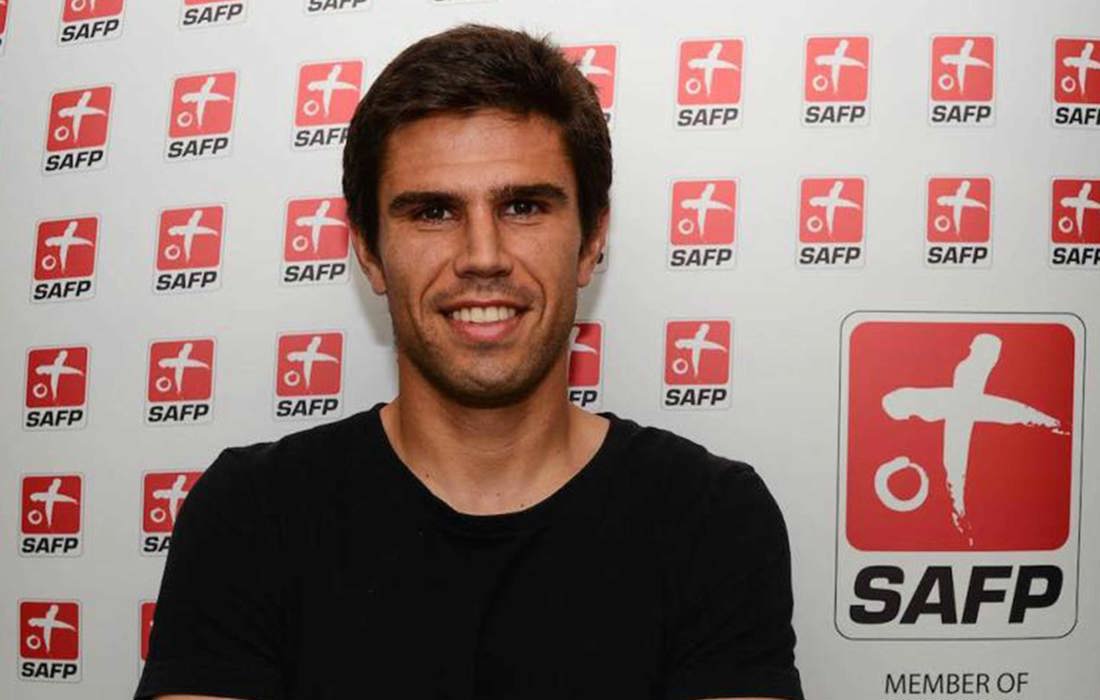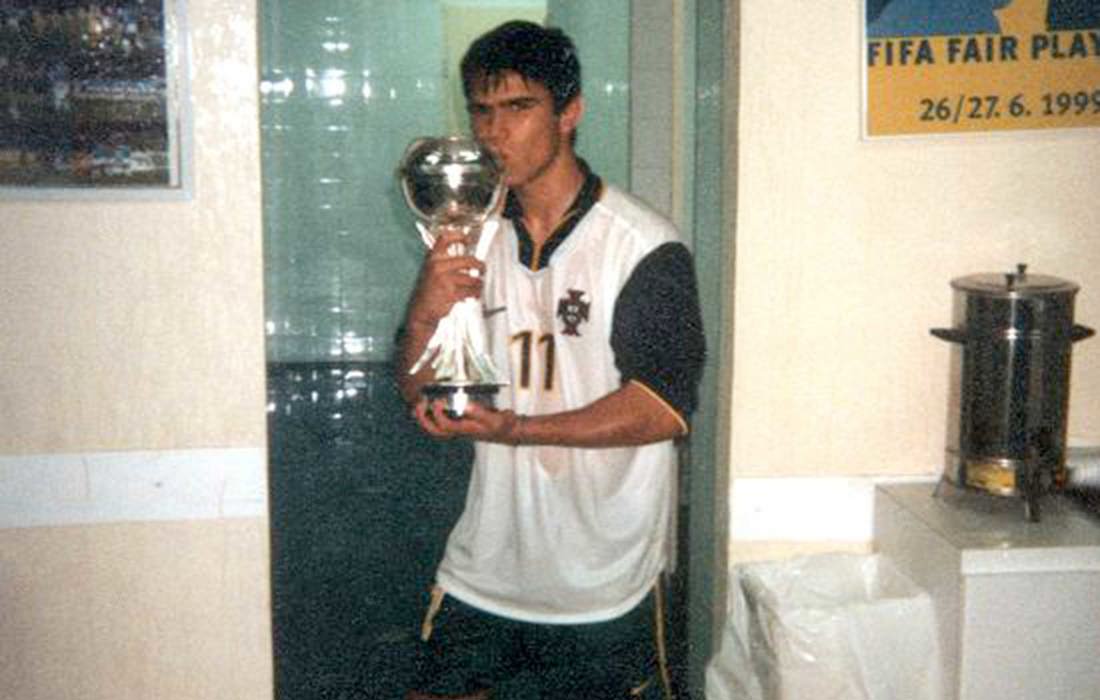People of the Union puts the spotlight on individuals across FIFPRO’s member associations who are dedicated to improving the wellbeing of professional footballers in their country.
Joao Paiva, player relations manager at the Swiss Association of Football Players (SAFP), talks about his experiences in football, his work with the union and his daily motivation.
FIFPRO: What is your current role and what is your background?
Joao Paiva: I have always been a member of the Portuguese player union (SJPF), but I was never actively involved until I was around 28 or 29 and playing in Switzerland. A representative of the Swiss player union (SAFP) visited my team for a presentation about the FIFPRO Online Academy. I watched the video and it almost seemed too good to be true. It was a free online sports management study that enabled me to decide at what time I would follow classes. I was interested. I had studied when I was at Sporting Lisbon, but I couldn’t continue when I left the country as a 20-year-old. So, when I heard about this opportunity, I applied for it. The study included a three-month internship. As a full-time professional it was difficult to find an internship. My club couldn’t help me. I reached out to the union and they allowed me to be their intern. In the end it clicked: they liked me and offered me a job after I graduated. I accepted it, as that’s what I wanted: to be involved with a sports organisation and help players.

I am the first point of contact for players. They call me when they have problems or when they need guidance. If a player needs education, then I will sit down with them and discuss the options. I am in charge of two of our biggest projects: I organise the training camp for out-of-contract players and the Golden 11 Gala, which is our player of the year election. At our training camp I do almost everything, including coaching the team. For the Golden 11 Gala I arrange the voting process, the guests at our event, contacts with media and of course the players. I also run a third project, the StarCamp. It is a one-week camp for people with disabilities who want to play football. It involves active and former players.
What do you most enjoy about the work you do at the union?
I am a qualified football coach, so I am passionate about our training camp, where I can work with players on the pitch. But I also love the StarCamp, and I don’t want to list it as second-best. Working with people with disabilities made me realise how privileged I am to be born with talent to play football, a talent appreciated by millions of people that we can share with others who might not have the same physical abilities. It is very rewarding that we can offer them a week of football pleasure. We learn much more from them than they from us, such as appreciating the things we have instead of complaining about the things we don’t have. Even the most famous players involved in this project were touched.
Can you share one of your proudest achievements working as a union representative?
I’m proud that I created good relationships with all professional clubs in Switzerland. We used to have problems with various teams, but now there is mutual respect. Clubs now understand that when we come, we are there to help players, and sometimes that also helps them. For example, we help foreign players with filling out their tax form.
I think it helps that I am a former player. I talk more informal with them than, for example, our lawyers, who have to be formal or sometimes even aggressive to help players get their money. It also helps that I can think as a coach. I understand coaches sometimes don’t need a player, and I can explain to them that we need to find a solution.
If you could change something in football, what would it be?
Football needs more qualified former players working in the business. At the same time, players should also realise that they need education to understand how organisations operate. There is a lot of money involved in the game, and that means you need qualified people who can handle the responsibility. It also means having more women in the game. In my opinion, women’s players have focussed a lot more on their education than men during their playing career; I often meet former women’s players who are more qualified than men.
Is there anyone in the union world or in sports in general who inspires you?
As I am Portuguese, a former player, and a football coach, I am inspired by the organisational and motivational skills of coaches from my country, starting with Jose Mourinho, who opened many doors for others. I use many of their ideas, not only as a coach, but also as a union representative. Managers like Mourinho or Palmeiras manager Abel Ferreira surround themselves with quality people because they know that they cannot do everything by themselves. I also started working with people who have a skill-set complementary to mine. It was a transformation process for me because, as a player, I used to think as an individual, that I needed to score.
What is your favourite football memory?
For me, 14 May 2000 was special. With Portugal U-16, I became a European Champion. The feeling that night that we had the best team in Europe was so nice. Nothing tops that. Our team included Raul Meireles, Hugo Viana, Ricardo Quaresma, and I was the striker. The final against Czechia was on live TV and all my friends and family saw it. The same night, Sporting, the team I supported, won the Portuguese title for the first time in my life. That’s why this day is so memorable for me.

Joao Paiva after winning the 2000 UEFA European Under-16 Championship
Who is your favourite footballer?
Cristiano Ronaldo is amazing. I played with him, and I am proud of what he achieved, but my favourite player was the other Ronaldo, Brazil’s Ronaldo Luis Nazario de Lima. He is the best to ever play the game, a threat to every defence. When I was a kid, it was fantastic to watch him, as he made everything look so easy. Johan Cruyff inspired me as well, but I never saw him play. Maybe I should mix the talents of these three players: the professionalism of Cristiano, the intelligence of Cruyff, and the spectacular play of Ronaldo.
What motivates you daily?
To make a difference for other people. Working for the union motivates me because I’m given the opportunity to help players in different ways. I cannot help everyone, but each player that I can support makes my day. The appreciation of the players is the best thing about this job. During the training camps, for example, I make friendships for life. All players who attended the camps I led in the last five years are still in touch with me, and they often show their appreciation for our work on social media.